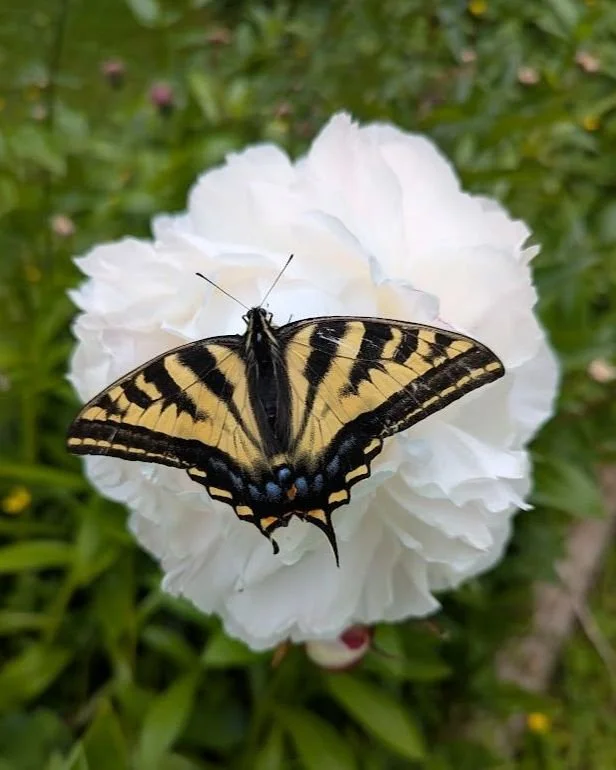In the Buddha dharma, there are many contemporary Black teachers who merge the dharma with Black liberatory traditions, recognition of intersectional existences (race, class, gender, sexuality) and social justice.
Remembering bell hooks (1952-2021)
by Angela Kayira
In the early 1990s, I was first introduced to bell hooks in Women’s Studies classes in College. bell hooks, Gloria Jean Watkins, was born in Hopkinsville, Kentucky in 1952. Her pen name, bell hooks, was a tribute to her great-grandmother, Bell Blair Hooks (1). bell hooks was well known as a Black feminist, writer and poet; cultural critic, activist and educator. She died in December 2021 from renal failure. hooks described herself as a Buddhist-Christian and would sometimes lament she was not seen as real Buddhist - “no long time with a teacher, no journey to India or Tibet, never present at important retreats [and] definitely someone engaged in the buddhadharma without credentials” (2). I consider her to be one my ancestors of the Black feminist liberatory tradition and continue to be inspired in how she spoke to the transformative power of love as being integral to the Buddha dharma. In a 1992, Tricycle Magazine interview hooks said: “If I were really asked to define myself, I wouldn’t start with race; I wouldn’t start with Blackness; I wouldn’t start with gender; I wouldn’t start with feminism. I would start with stripping down to what fundamentally informs my life, which is that I’m a seeker on the path. I think of feminism, and I think of anti-racist struggles as part of it. But where I stand spiritually is, steadfastly, on a path about love” (3)
In her book, All about Love New Visions hooks writes: Awakening to Love can happen only as we let go of our obsession with power and domination. Culturally, all spheres of American life-politics, religion, the workplace, domestic households, intimate relations-should and could have as their foundation a love ethic. The underlying values of a culture and its ethics shape and inform the way we speak and act. A love ethic presupposes that everyone has the right to be free, to live fully and well. To bring a love ethic to every dimension of our lives, our society would need to embrace change (4).
Citations:
Carolyn M. Jones Medine in the Journal of Word Philosophies July 18, 2022
View of bell hooks, Black Feminist Thought, and Black Buddhism: A Tribute (iu.edu)
Toward a Worldwide Culture of Love by bell hooks in True Peace Work: Essential Writings on Engaged Buddhism, 2nd Edition (2019) Parallax Press
Agent of Change: An Interview with bell hooks (1992). Tricycle Magazine.
https://tricycle.org/magazine/bell-hooks-buddhism/
Part of bell hooks Love Trilogy – All About Love: New Visions (2018) William Morrow Paperbacks.









